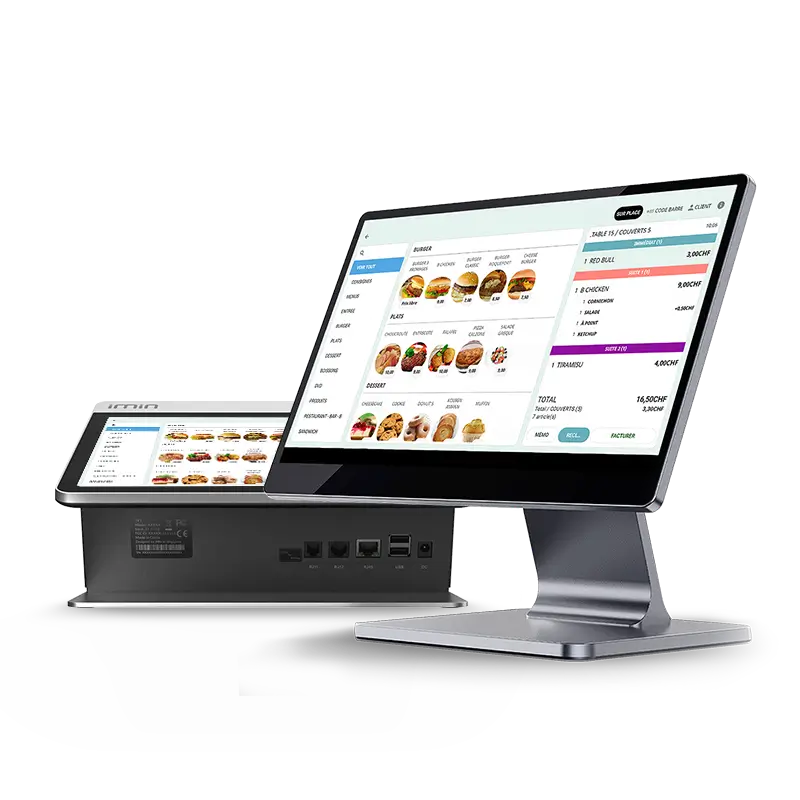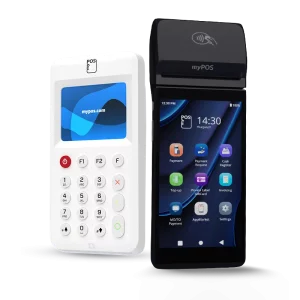les dernières news
blog / articles de press / témoignages
L’importance d’une caisse enregistreuse connectée en 2025.
Vous détenez un commerce ? Découvrez pourquoi il est crucial pour votre activité d’opter pour un…
Rencontre avec Fabien, fondateur de la boutique Yourwine
Yourwine.ch est une entreprise genevoise spécialisée dans la vente de Grands Crus et de Millésimes issus essentiellement de…
Visite au Domaine du Paradis
wC’est un samedi un peu spécial. Un événement de ceux que le domaine organise plusieurs fois…

Faites le choix de la simplicité grâce à la caisse enregistreuse
De la prise de commande à l’addition, tout est optimisé pour aller vite.
